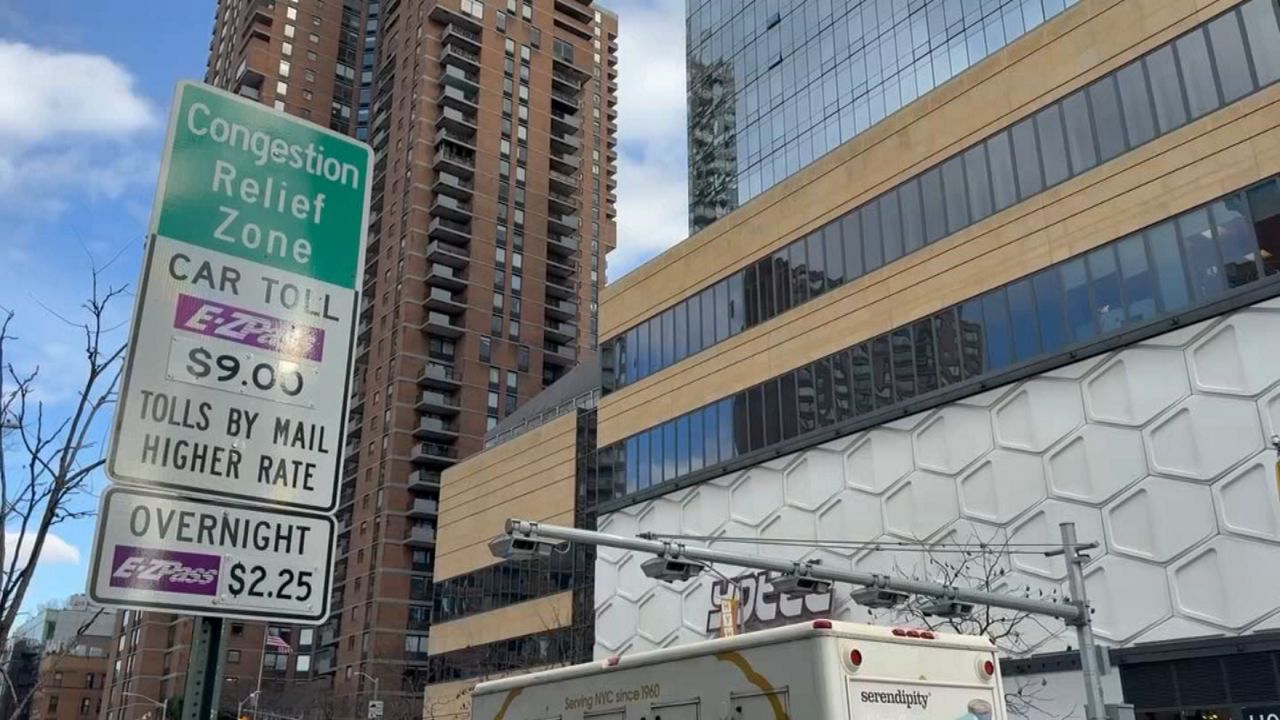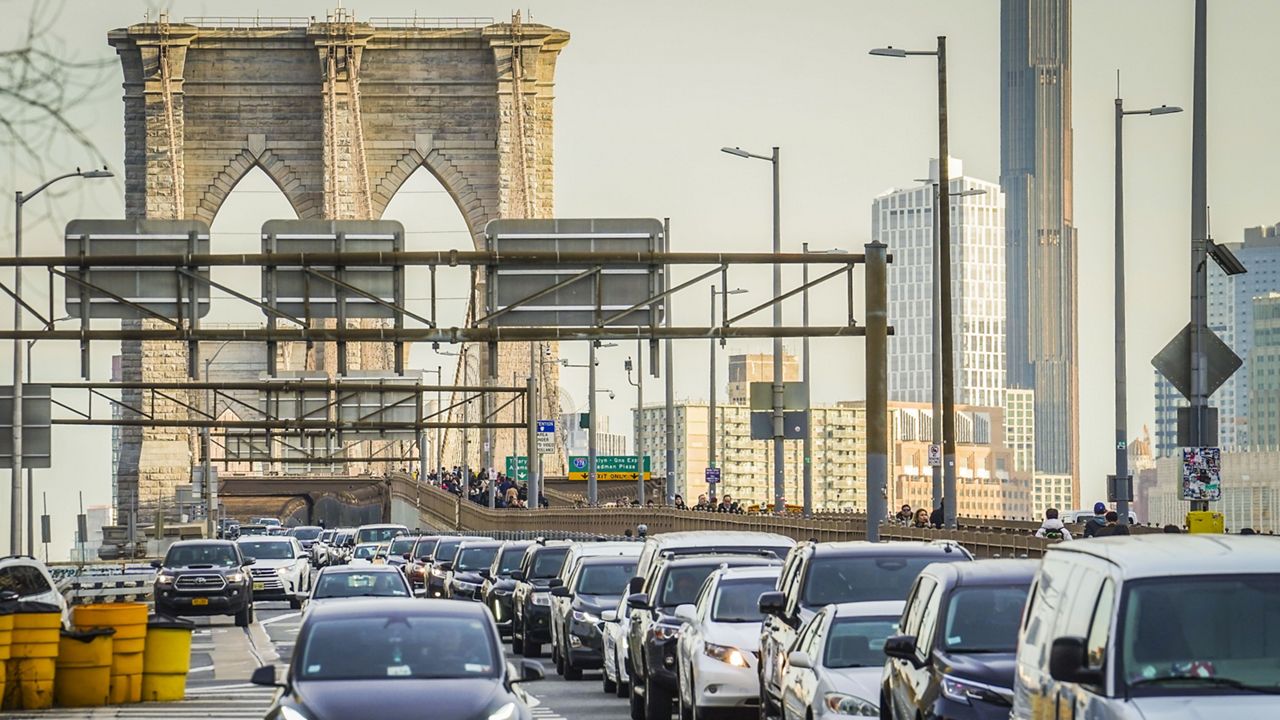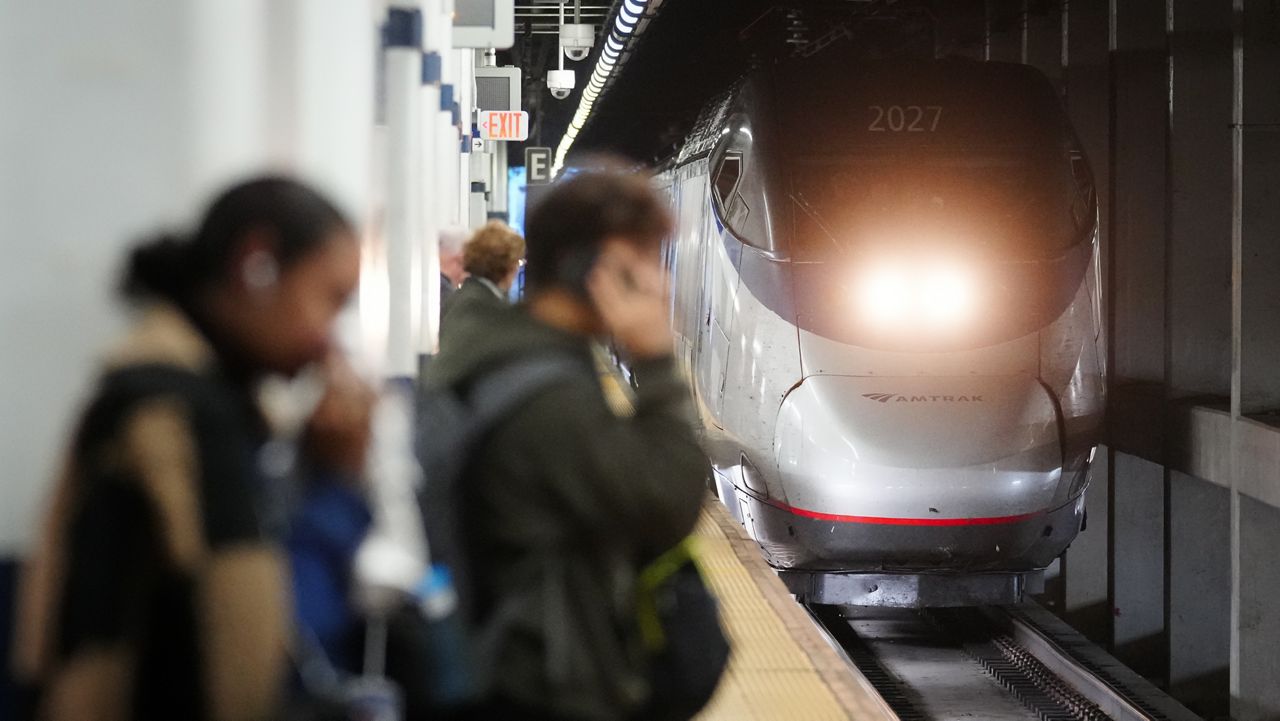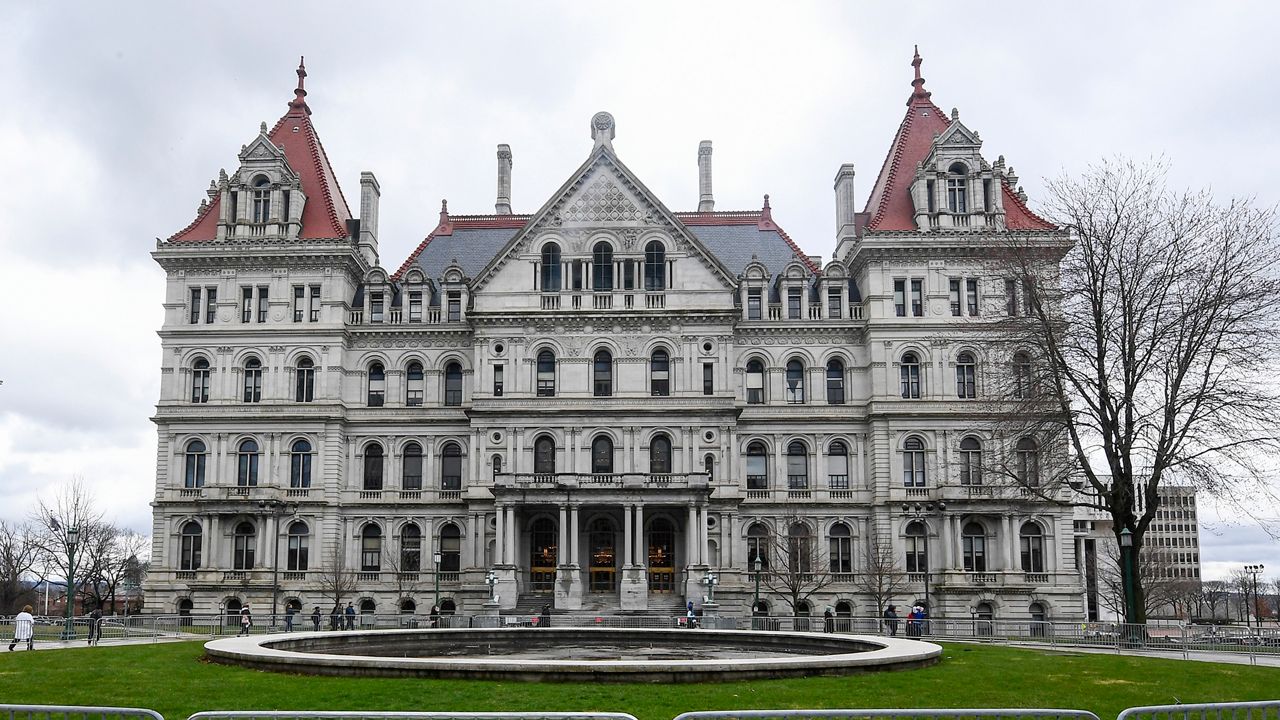Gov. Andrew Cuomo and Mayor Bill de Blasio unveiled a proposal Tuesday aimed at transforming the way the MTA is structured and finding new ways to raise money for the struggling agency, including a congestion pricing proposal to toll vehicles south of 61st Street in Manhattan.
A CALL FOR TOLLING VEHICLES SOUTH OF 61ST STREET
While the joint proposal doesn't set a specific toll amount, it does lay out a process that could lead to new tolls on motorists driving south of 61st Street in 2021. The actual toll amount would be based on the financial needs of the Metropolitan Transportation Authority (MTA). Tolls would vary based on the time of day as a way to reduce gridlock. The money collected would go into a lockbox to be used to fund the MTA.
According to the plan, the toll amount would be announced "no later" than December 2020. The earliest the toll could be imposed would be 2021.
- The Push for Congestion Pricing: Is New York Ready to Toll Our Streets?
- How Much Time Would Fixing the Subway's Signal System Save Commuters?
The tolls are intended to raise billions of dollars for much-needed work to modernize the city's subway and bus systems, while also discouraging vehicular traffic in the densest part of the nation's largest city. Similar tolls are in place in London, Singapore, and other international cities, but the much-debated idea has so far fallen flat in New York.
The FDR Drive, which runs on the eastern side of Manhattan, would be exempt from the tolls because of the number of motorists who use it to avoid central Manhattan. Emergency vehicles would also be exempt.
The plan also calls for an internet sales tax derived from sales in New York City, and a cannabis excise tax if recreational marijuana is legalized. The state legislature leaders have previously expressed their support for recreational pot legalization. There are no specifics yet on how much revenue from taxes on internet sales and recreational marijuana would be set aside for transit purposes.
"The first commitment from those revenues should really be toward community reinvestments, particularly toward those communities that have been impacted by the criminal justice issues," Assembly Speaker Carl Heastie said.
City Council Speaker Corey Johnson, who doesn't have a vote on the issue, said he has concerns about the congestion pricing plan because it would give the state too much say over how the revenue is spent.
The mayor and governor are also calling for a major transformation of the MTA's structure, with a plan due by June of this year.
A JOINT AGREEMENT, BUT LAWMAKERS WOULD NEED TO SIGN OFF ON IT
The state legislature would have to approve all of these suggestions. Congestion pricing proposals have died in the legislature in previous years, although Cuomo has publicly ramped up pressure on lawmakers in the past few months in an attempt to get them on board with his demands.
Many state lawmakers have demanded more details about Cuomo's congestion pricing demands this year, including the actual amount motorists can expect to pay. Cuomo wants lawmakers to approve the tolls as part of the state budget, which is due April 1. But state legislators representing New York City districts outside Manhattan have concerns that their constituents will bear the brunt of the new tax.
"It doesn't change my opposition. There's still no amount, there is still too much open discretion," Queens Assemblyman David Weprin said. "It's still an unfair burden on middle-class drivers who drive from Queens and from Long Island."
Supporters of congestion pricing — including transit advocates, environmental groups, and business organizations in the city — hailed the agreement between the two frequent political rivals as a sign that the plan is gaining traction.
"When the governor and mayor put out a plan together, it means real momentum toward enacting congestion pricing to fix the subway," said John Raskin, the executive director of the Riders Alliance, a transit advocacy organization. "Now we need the Senate and Assembly to do their part."
Top lawmakers welcomed the agreement between the mayor and governor but stopped short of endorsing their framework, saying only that they would study the proposal closely.
"Clearly, there is a crucial need for a dedicated stream of revenue to fix the crumbling MTA," Mike Murphy, a spokesman for Senate Majority Leader Andrea Stewart-Cousins, who also represents Yonkers, said in a statement.
De Blasio was initially skeptical of congestion pricing and argued a "Millionaire's Tax," a higher tax on wealthy earners, would be a better way to raise money for transit. But he says he now accepts there is no appetite for that in Albany this year, leaving congestion pricing as one of the only options, citing the "urgency of the situation."
"By putting a plan on the table with the governor, what I am saying is the time for action is now. We have just over four weeks to get this done. I hope all New Yorkers engage in this discussion," de Blasio said.
In a statement, MTA Acting Chair Fernando Ferrer, whom the governor appointed, said, "This proposal is a holistic cure for much of what ails the MTA, and I hope to see it enacted swiftly for the benefit of our 8.5 million daily customers."
Information from the Associated Press was used in this story.










